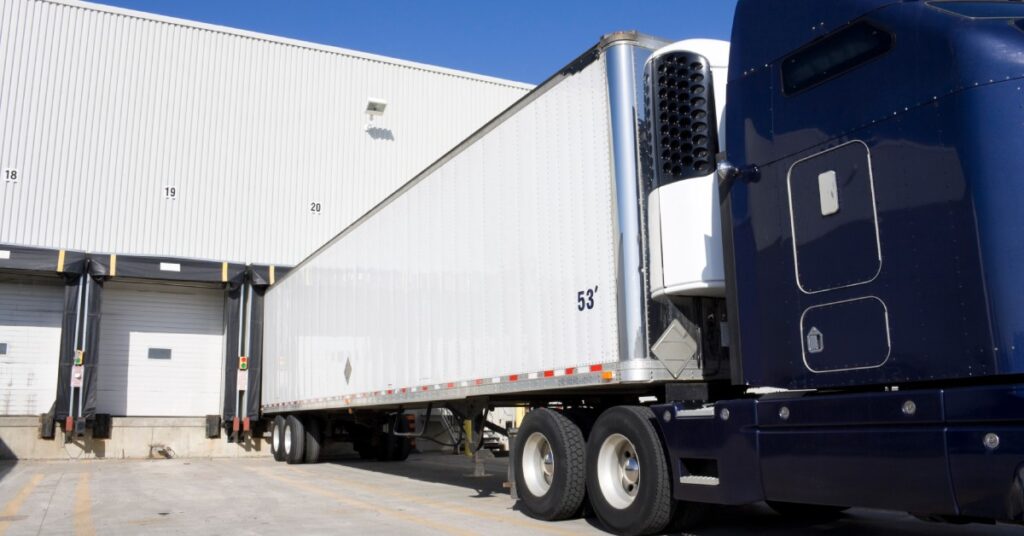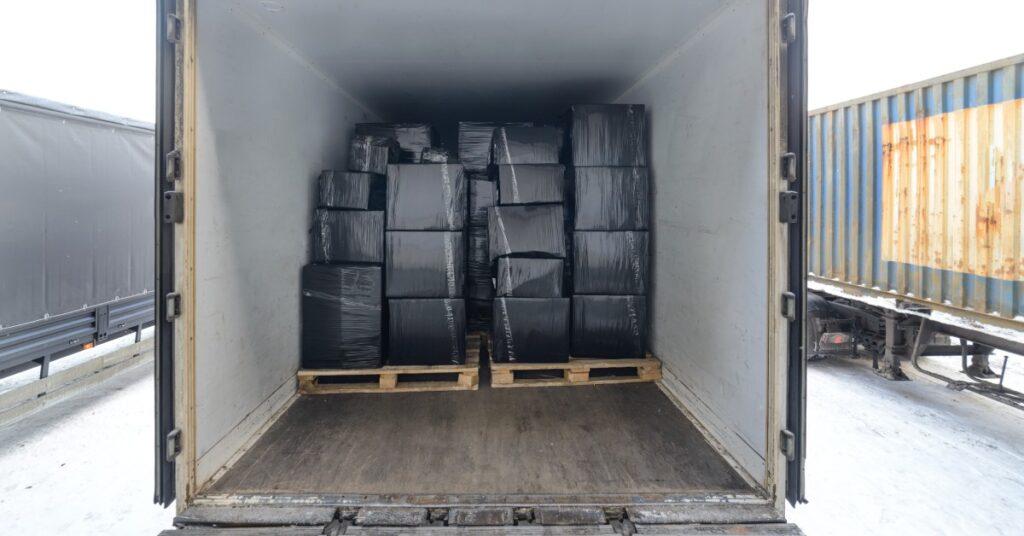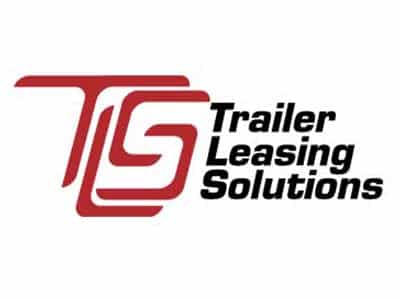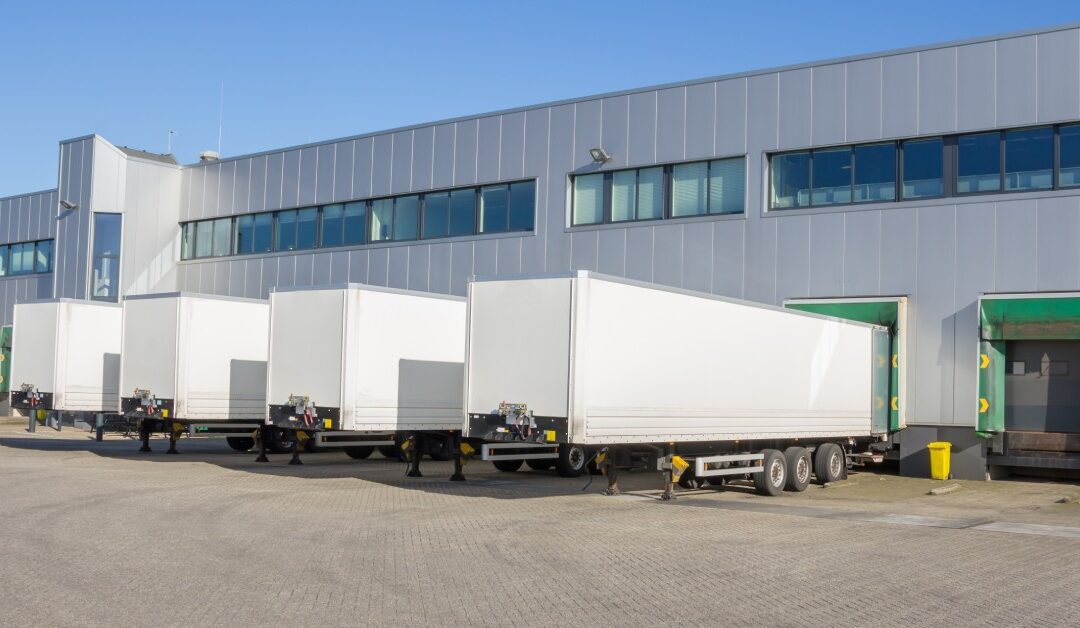When it comes to managing inventory, equipment, and various business resources, storage solutions play a crucial role. Small business owners may find themselves debating between leasing and buying storage trailers. This decision can significantly impact your budget, operational efficiency, and long-term business goals.
We’ll explore the key differences between leasing and buying storage trailers, as well as the advantages and drawbacks of each option, to help you determine which route is the best fit for your business. By the end, you’ll have a clear understanding of how to make an informed decision that aligns with your business needs.
Understanding Storage Trailers
Storage trailers are portable units designed for storing a variety of goods. Businesses often use these when they need additional space for inventory, tools, seasonal items, or other equipment. These trailers come in various sizes and configurations, making them a versatile storage solution for many industries.
Types of Storage Trailers
There are several types of storage trailers to choose from, including dry vans, refrigerated units, and flatbeds. Dry vans are perfect for general storage needs, while refrigerated units are ideal for perishable goods. Flatbeds, on the other hand, are great for transporting large and heavy items. Understanding their common functions and your own storage needs can help you choose the right type for your business.
Common Uses in Small Businesses
Small businesses use storage trailers for various purposes, such as managing overflow inventory, housing seasonal items, and storing construction equipment. They offer a flexible and convenient solution for businesses that need extra space but don’t want to commit to permanent structures.

Benefits of Leasing Storage Trailers
Leasing storage trailers can offer several advantages, especially for small businesses looking to manage their expenses and maintain flexibility.
Lower Initial Costs
One of the most significant benefits of leasing is the lower initial cost. Leasing requires a smaller upfront investment compared to purchasing, making it an attractive option for businesses with limited cash flow. This allows you to allocate your funds to other essential areas of your business.
Flexibility and Scalability
Semi-trailer leasing provides the flexibility to scale your storage needs up or down based on your business requirements. If your storage needs change, you can easily upgrade or downgrade your trailer without having to worry about selling or purchasing a new unit. This adaptability is particularly beneficial for businesses with seasonal fluctuations.
Maintenance and Repairs
When you lease a storage trailer, maintenance and repairs can be included in the agreement. As such, you won’t have to worry about unexpected repair costs or downtime due to maintenance issues.
Drawbacks of Leasing Storage Trailers
While leasing offers several benefits, it’s essential to consider the potential drawbacks before making a decision.
Long-Term Costs
Although leasing has lower initial costs, it can be more expensive in the long run. Monthly lease payments can add up over time, potentially costing you more than purchasing a trailer outright. Make sure to weigh the long-term financial implications of leasing versus buying.
Limited Customization
Leased storage trailers may come with restrictions on customization. If your business requires specific modifications or branding on the trailer, leasing might not be the best option. Owning a trailer allows you to make any necessary changes to suit your business needs.
Contractual Obligations
Leasing agreements often come with contractual obligations, such as minimum lease terms and early termination fees. These restrictions can limit your flexibility and make it challenging to switch to a different storage solution if your needs change.

Advantages of Buying Storage Trailers
Owning a storage trailer can provide numerous benefits, particularly for businesses that require long-term storage solutions.
Long-Term Savings
While purchasing a storage trailer requires a higher upfront investment, it can lead to significant long-term savings. Once you’ve paid off the initial cost, you won’t have to worry about monthly lease payments. This can free up funds for other business expenses.
Full Control and Customization
Owning a storage trailer gives you complete control over its use and appearance. You can make any necessary modifications, such as adding shelving or branding, to suit your business needs. This level of customization can enhance your operational efficiency and strengthen your brand identity.
Asset Ownership
Purchasing a storage trailer adds an asset to your business, which can be beneficial for your balance sheet. Owning a trailer also provides more stability, as you won’t have to worry about lease renewals or potential changes in leasing terms.
Drawbacks of Buying Storage Trailers
Despite the advantages, there are also some drawbacks to consider when purchasing a storage trailer.
Higher Initial Investment
The most significant disadvantage of buying a storage trailer is the higher initial investment. It can strain your cash flow, especially if your business is just starting or experiencing financial challenges. It’s essential to assess your budget and ensure you can afford the upfront cost.
Depreciation and Resale Value
Storage trailers, like any other asset, depreciate over time. Their value will decrease, and you may not recoup your initial investment if you decide to sell the trailer later. Additionally, finding a buyer for a used storage trailer can be challenging and time-consuming.
Maintenance and Repairs
When you own a storage trailer, you’re responsible for all maintenance and repair costs. This can be a significant drawback, as unexpected repairs can be costly and disrupt your business operations. It’s crucial to budget for ongoing maintenance expenses when purchasing a trailer.
Considering Your Business Needs
Before deciding whether to lease or buy a storage trailer, evaluate your specific business needs and objectives.
Duration of Use
Consider how long you anticipate needing the storage trailer. If your requirement is short-term or uncertain, leasing might be the better option. However, if you foresee a long-term need, purchasing could provide greater financial benefits.
Budget and Cash Flow
Assess your budget and cash flow to determine whether you can afford the initial investment of purchasing a storage trailer. If cash flow is tight, leasing may be more feasible. However, if you have the funds available, buying could lead to long-term savings.
Future Growth and Flexibility
Think about your business’s future growth and potential changes in storage needs. Leasing offers greater flexibility, allowing you to adjust your storage solution as your business evolves. Purchasing, on the other hand, provides stability and control, which can be advantageous if your storage needs are relatively consistent.
Whether you should lease or buy a storage trailer depends on your business’s unique needs, budget, and long-term goals. Both options have their advantages and drawbacks, so carefully evaluate your specific situation before you decide.
By considering factors such as duration of use, budget, flexibility, and maintenance responsibilities, you can make an informed choice that aligns with your business objectives. Whether you choose to lease or buy, a well-chosen storage trailer can significantly enhance your business operations and contribute to your overall success.



